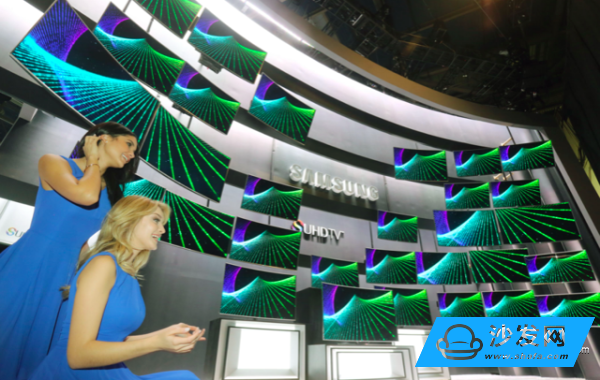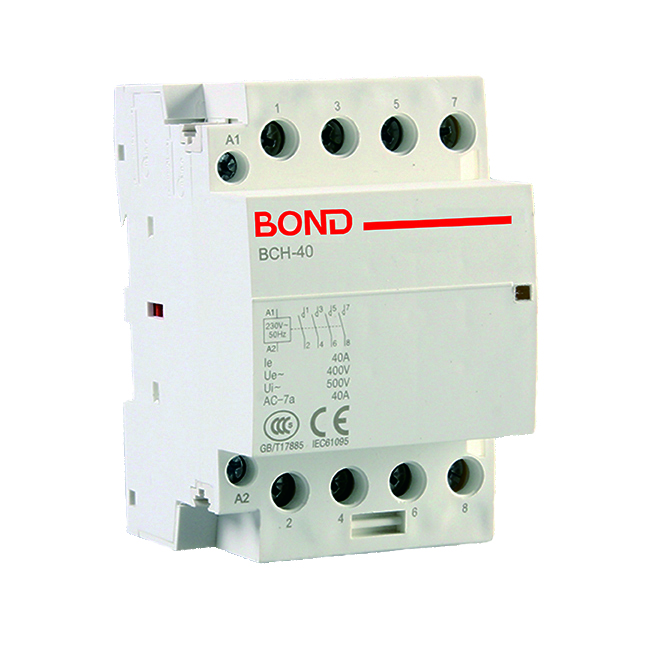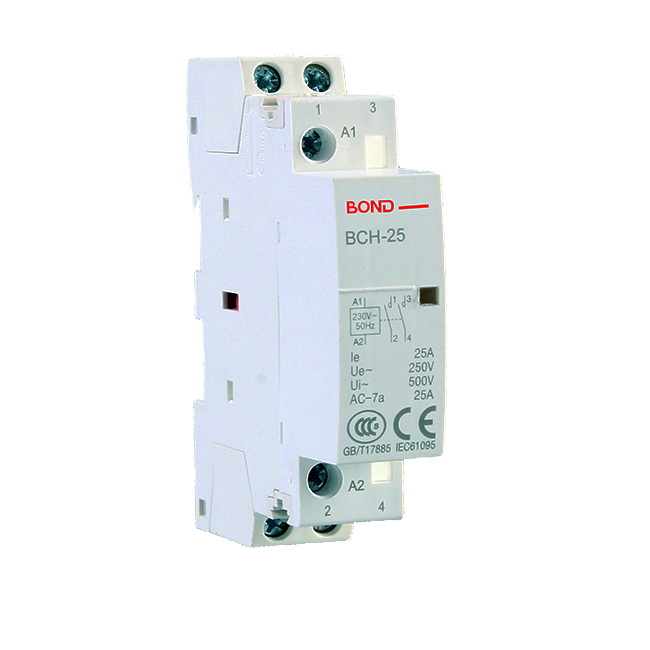
Based on the development of Internet technology, the business model of many traditional industries has undergone tremendous changes. The most typical case is the e-commerce reform of the retail industry, the impact of Didi, Uber and other taxi drivers on the taxi industry, and the Internet transformation of the catering industry after the rise of catering O2O. Although these changes have created tremendous value, the industry believes that these innovations are just the beginning of the transformation of the traditional industries of the Internet and are affected only by sectors that do not involve complex technologies and physical production, such as retail, services, and media.
However, the increasingly obvious trend is that the level of transformation of traditional enterprises by the Internet has begun to deepen. Now, the impact of the Internet on traditional enterprises has not only been confined to online and marketing links, but has also attempted to enter the upstream supply chain. Learning the skills of traditional industries has become a trend. Apparel manufacturer Astar, based on the Internet of Things production line, can mass-produce custom-designed garments, and at the same time increase production capacity by 30%, reduce manpower demand by 50%. Behind this is a deep understanding of garment production. In Huang Taiji’s 250 million financing business plan, a new catering industry platform was constructed based on the analysis of the traditional catering central kitchen production model and the chain store cost structure. This also requires experience with traditional catering operations. In the field of home appliances, LeTV and Xiaomi, who are more concerned with the construction of the Internet ecosystem, need to emphasize the use of LCD panels from Samsung to ensure excellent display when referring to their TV products. These involve the traditional enterprise production and operation and technology accumulation is not the director of Internet companies. This is the key reason why Internet companies begin to learn from industrial companies.
The real difficulty is that the core strengths of industrial companies are the industry experience and technical strength accumulated over many years. For example, in the TV field, Samsung dominates the industry with its core strengths established by its panel technology. As the creator of the curved TV, Samsung's technical strength is excellent. The curved surface radius of 4200mm adopted by the curved TV can create an immersive visual experience due to the human eye structure characteristics, and the color expressiveness can reach 64 times that of the traditional TV. Obviously, no matter how much the Internet can improve the efficiency of industrial enterprises, such core technological advantages are difficult to duplicate in a short time.

According to market research, based on the improvement of the use experience brought about by core technological advancement, the current situation is still an important factor influencing consumers to upgrade and improve consumer decision-making. Samsung Surface TV accounted for 68% of the domestic curved surface market in the first half of this year. It has become a leader in high-end TVs, and its performance and appearance are favored by consumers. In the newly released “Internet TV brand reputation list for the second quarterâ€, Samsung ranks first with more than 30 brands with a 8.05 word-of-mouth index, a difference of nearly 90 times that of the last. It can be seen that the requirements of consumers for the use experience of many physical products have not been reduced due to the Internet's new additional services.
The progress of the Internet has played a major role in the optimization of traditional circulation channels. The distance between corporate goods and individual consumers has been shortened, and the circulation efficiency has been greatly improved while saving a lot of intermediate fees. However, efficiency-driven innovation will inevitably encounter bottlenecks in technology development. People in the industry believe that although this direction of innovation is playing an increasingly important role in industrial enterprises, solving the difficulties faced by core technologies is still the key to the further development of Internet companies.
BCH series AC Contactor is widely used for household electrical appliances control. Modular AC Contactor is used for remote control switch on and switch off the household electrical appliances which no inductance or with lower inductance loading. Such as electromagnetic oven, motors and other electrical appliances.
Modular AC Contactor mainly used in AC50Hz/60Hz,rated voltage to 400V,rated current of power system to 100A,AC-1,AC-7a (in no inductance or lower inductance load, resistance furnace, household appliances and similar lower inductance load) categories. Long distance switch and control circuit. House use AC Contactor is not used for breaking short circuit current, so it is necessary to choose suitable circuit protection electrical equipment for short circuit protection.


Modular AC Contactor
Modular AC Contactor,Modular Contactor,Auto Modular AC Contactor,Manual Modular AC Contactors
Ningbo Bond Industrial Electric Co., Ltd. , https://www.bondelectro.com